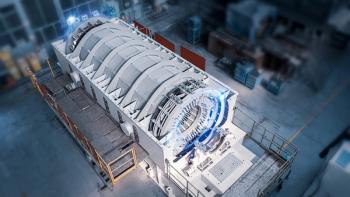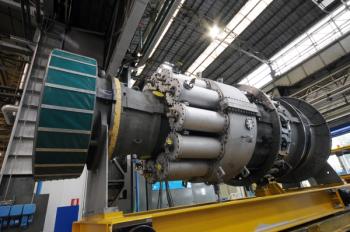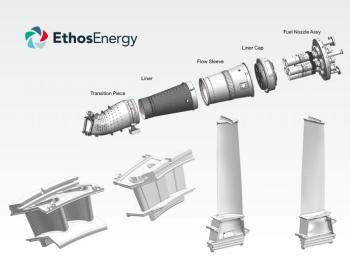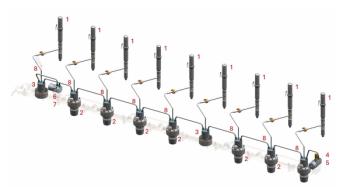
TurboTime Podcast: Turbomachinery Codes and Standards with Myth Busters
The Myth Busters, Klaus Brun and Rainer Kurz, discuss turbomachinery codes and standards on the TurboTime podcast.
In this episode of the TurboTime podcast, the Myth Busters, Klaus Brun, the Director of R&D at Elliott Group, and Rainer Kurz, a recent retiree from Manager of Gas Compressor Engineering at Solar Turbines, discuss turbomachinery codes and standards. The two differentiate codes versus standards, which are important for turbomachinery, and what to do if an operator or manufacturer disagrees with a standard.
Brun broke down the four components: standards, codes, specifications, and guidelines. “A standard is somewhat of a generic requirement; you can almost call it the minimum requirement that industry associations agree on for a piece of equipment,” he said. “There's a lot of gray area between here. Next are specifications—they are often related to a specific customer—one of the major oil companies may have its own specifications, and they often tie in standards. For example, let's say Shell or Chevron has their own machinery specification, and they may refer to standards, such as American Petroleum Institute (API) 616 or the American Society of Mechanical Engineers (ASME) standards, material standards, etc. And then you get into things like codes, where the gray area becomes even bigger. But codes traditionally refer to something a little stricter. These can be test codes, where there is a process that you have to follow, and you don't deviate from this process. There are codes related to OSHA requirements or legal requirements. Codes tend to be a little more rigid, more relevant, and more richly followed. Finally, there are industry guidelines from the API and other professional societies. They give advice and guidance on how to handle testing processes, design, etc.”
Kurz stressed that standards are not legally enforceable unless included in a purchasing agreement: “What makes a standard enforceable is if a customer in the purchase specifications says ‘Thou shalt follow such and such API requirement or these ASME standards.’ And then it becomes part of the contract and enforceable” he said.
Kurz also pointed out that one purpose of codes and standards is for system integration. “If you build a refinery, there's one manufacturer who builds the compressor, then there are people who build the pressure vessels, others who build the piping, and maybe the steam turbines. So, there are a lot of different parties involved that have to come together. And one thing that these codes and standards do is create a reasonable definition of the interfaces. At the end of the day, somebody needs to integrate all that equipment.”
Turbomachinery codes and standards podcast
Newsletter
Power your knowledge with the latest in turbine technology, engineering advances, and energy solutions—subscribe to Turbomachinery International today.




